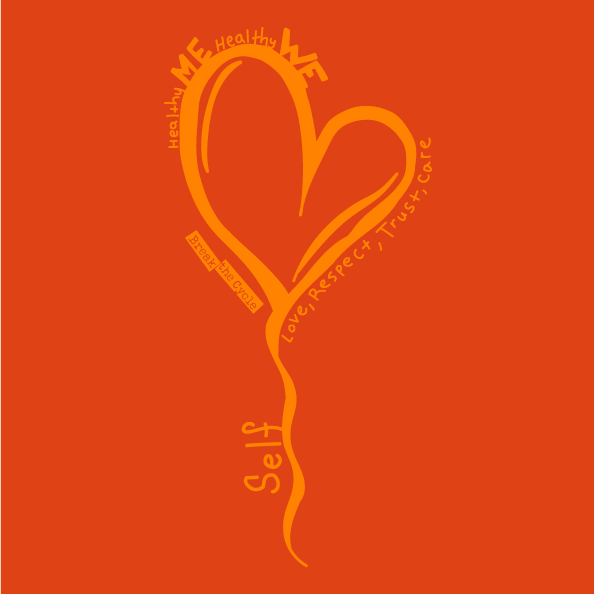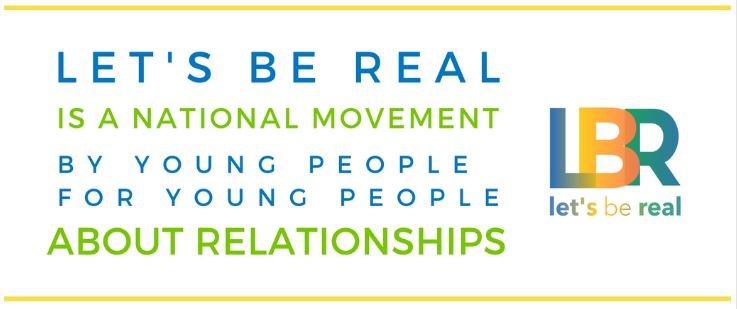Teen Dating Violence Awareness and Prevention Month

During February, Teen Dating Violence Awareness Month provides an opportunity for prevention and healing for teen victims of violent relationships. This is an issue that impacts everyone – not just teens – but their parents, teachers, friends and communities as well.
According to the Domestic Violence Awareness Project, approximately 1.5 million high school students in the United States experience physical abuse from a dating partner. One-quarter of parents don’t talk to their teens about domestic violence.
Teen Dating Violence Awareness Month encourages parents and adolescents to take an inventory of their relationships. Abuse includes physical, psychological or sexual abuse.
Visit youth.gov, loveisrespect.org, breakthecycle.org for conversation starters and resources.
What Is the Impact of Teen Dating Violence?
Nationwide, youth age 12 to 19 experience the highest rates of rape and sexual assault. Studies show that approximately 10% of adolescents report being the victim of physical violence at the hands of an intimate partner during the previous year. Girls are particularly vulnerable to experiencing violence in their relationships and are more likely to suffer long-term behavioral and health consequences, including suicide attempts, eating disorders, and drug use.
Adolescents in abusive relationships often carry these unhealthy patterns of violence into future relationships. Indeed, children who are victimized or witness violence frequently bring this experience with them to the playground, the classroom, later into teen relationships and, ultimately, they can end up the victims and perpetrators of adult intimate partner violence.
Talk to Teens!
Everyone can make a difference by reaching out to young people in simple ways. As we interact with teens in our work or personal lives each of us can act on President Obama’s call to stand against teen dating violence by:
- Discussing the warning signs of dating abuse (all kinds, not just physical abuse).
- Creating a positive connection to the issue – talk about the characteristics of healthy teen relationships, not just abusive ones – and use statistics sparingly.
- Talking about how the media portrays healthy and unhealthy relationships. For example, many popular movies, TV shows, commercials, books, and magazines portray stalking as romantic or harmless when it is actually very dangerous.
- Getting involved even if you don’t have a lot of resources – an information table, classroom discussion, or school announcement can get the conversation started.
HOW TO OBSERVE
Break the cycle. Start the conversation. Use #TeenDatingViolenceAwarenessMonth, #TeenDVMonth and #LoveIsRespect to share on social media. You can make a difference! Do your part by encouraging schools, parents, teens, and community-based organizations to prevent this kind of violence. If you are a parent, talk to your kids about the dangers of teen dating violence. Teach your children that love is respect, and if someone tries to hurt them in any way, how to stand up for themselves and safely exit the situation they’re in. If you are a teacher or feel comfortable mentioning this to a teacher you know, encourage schools to hold classroom discussions talking about how to prevent dating violence. Make sure your children are mature enough to date and prepared to get themselves out of a dangerous situation in case one presents itself.
NATIONAL TEEN DATING ABUSE HELPLINE
If you or someone you know has been the victim of dating violence, free and confidential help is available 24 hours a day through the National Dating Abuse Helpline. Click here.

Join the movement!
WHAT'S IT ALL ABOUT?
Every day, young people navigate relationships - crushes, breakups, sexuality, firsts, and hookups - but they don’t always have the space to talk about them, learn about them, or share their experiences. Let’s Be Real creates that space. Grounded in our belief that everyone deserves a healthy relationship, and everyone can take action in their own way, we amplify the voices of young people ages 12-24.
Let's Be Real provides you with online and in-person opportunities to have real conversations about your experiences, tap into your creativity, and apply your individual gifts and talents towards building a culture without abuse. It’s not a club, it’s not a group, it’s a movement. By young people, for young people, about relationships.
